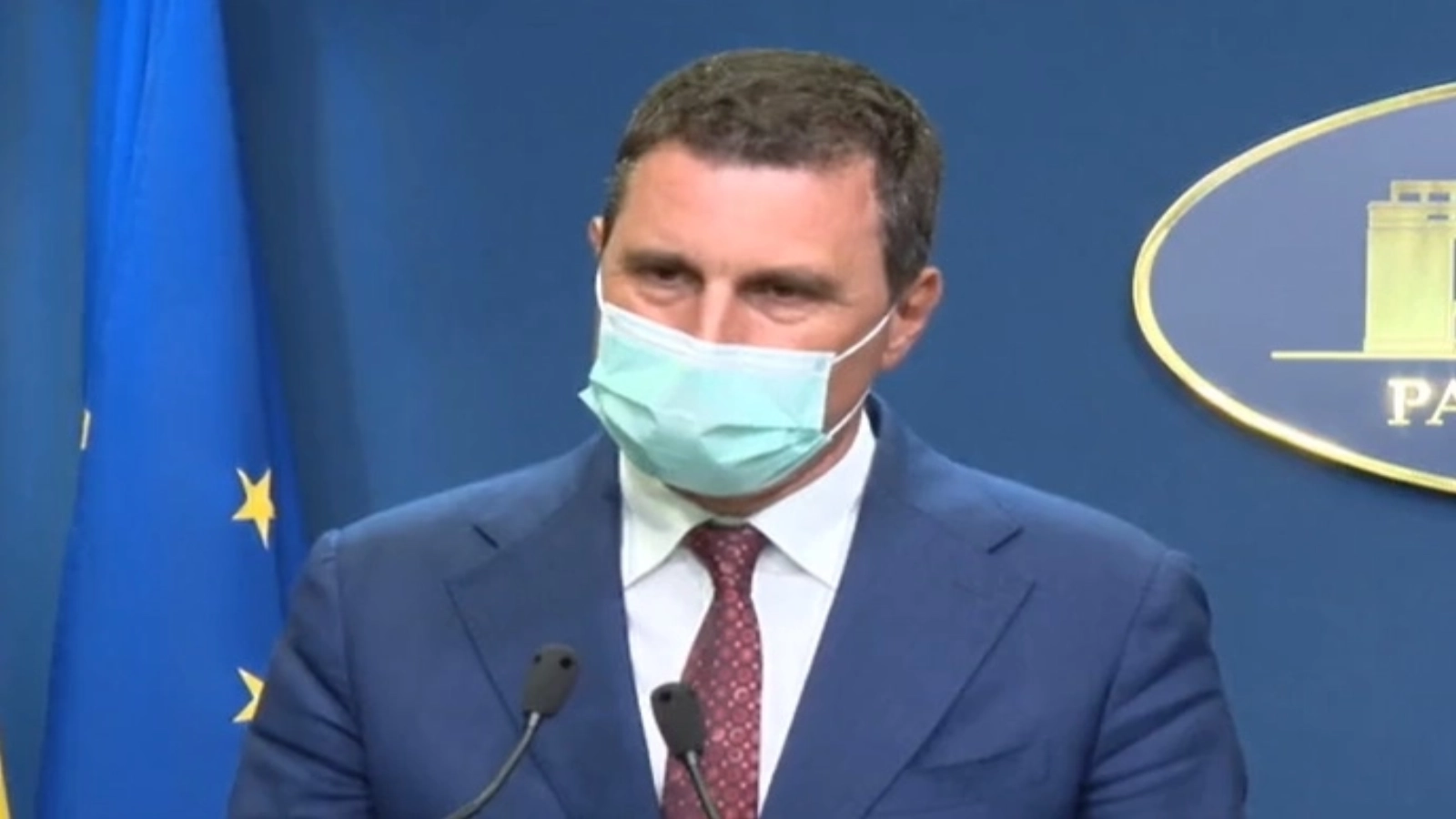The transition to zero emission energy sources comes with high costs and if it is done too abruptly, people will find individual solutions that will be more polluting than the fossil fuels they are designed to replace, Environment Minister Tanczos Barna said on Monday at the Romanian Energy Symposium - SIREN 2021, organized by the Romanian National Committee of the World Energy Council between September 6 - 8, 2021.
"Everything we do and everything that will happen in the coming decades will be analyzed in the light of environmental protection. Environmental protection costs, and this cost must be bearable. The most important question for Romania is: how will this transition to zero emission energy surces take place? Of course, this revolution entails huge opportunities, but everything related to environmental protection costs and will cost increasingly more. It's not necessarily about service bill costs, although these days we see this happening too. The costs reside in the necessary investments, in setting the priorities of the national, European or private funds, even if in the end these investments too will be included in the price of the products. Someone has to bear this cost," said the Environment Minister.
In Romania this transition will be much harder than in other states, he cautioned, Agerpres informs.
"We start with over 3 million households that still use fossil fuel for heating. We cannot simply switch in December to a non-fossil system, actually to a non-existent system. We won't be able to switch in 2 to 5 years from fire wood to electricity, which we see is very costly, and the systems need to be developed in all respects. This transition requires funding," Tanczos continued.
In addition to renewable energy projects, the transition to zero emissions also involves a change of mentality, the Environment Minister stressed.
The Romanian National Committee of the World Energy Council (RNC-WEC) organizes between September 6 - 8 the Romanian Energy Symposium 2021 - SIREN, which is to host relevant debates on the transition of the Romanian energy sector to the targets Romania has committed to as a EU member state.
































Comentează